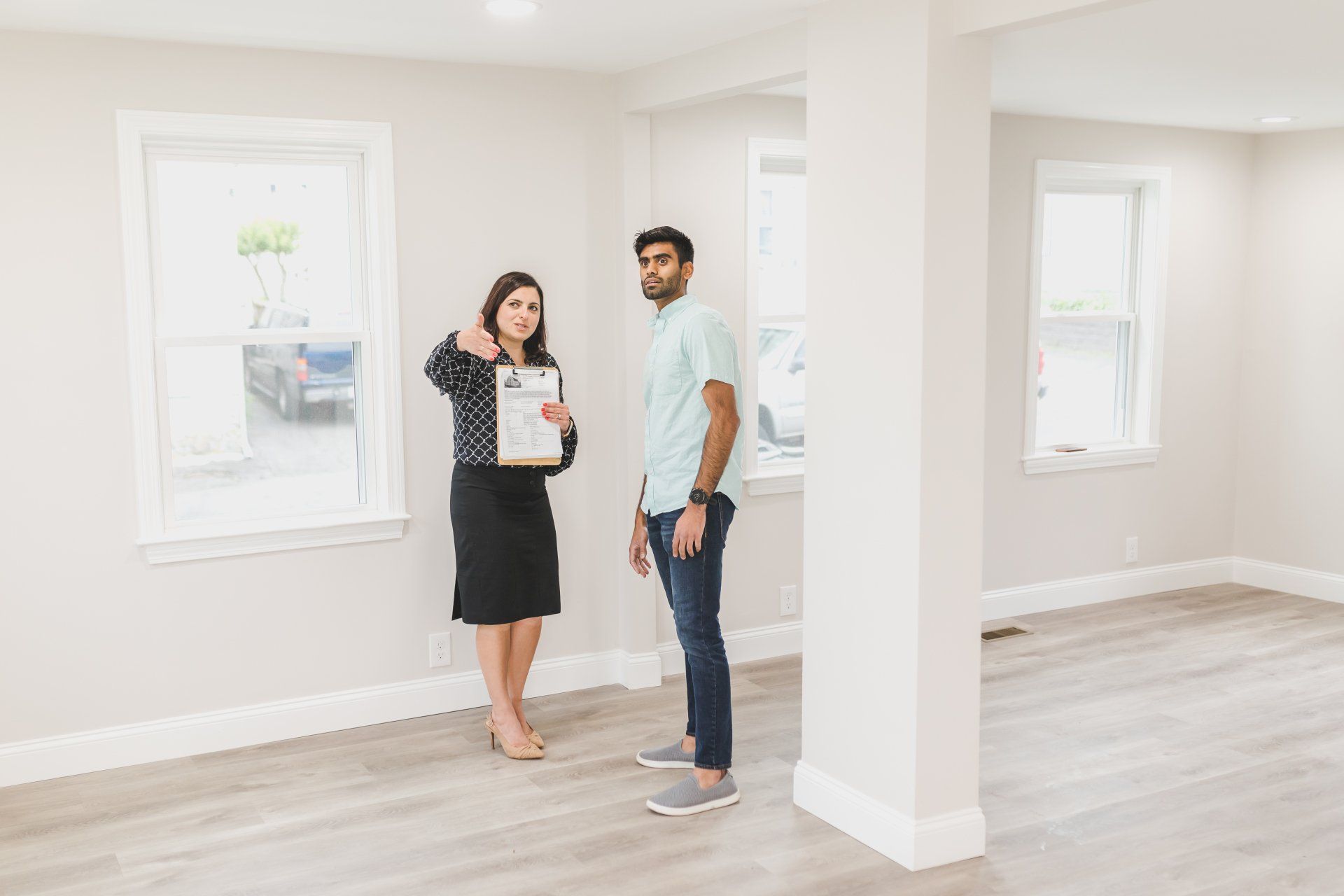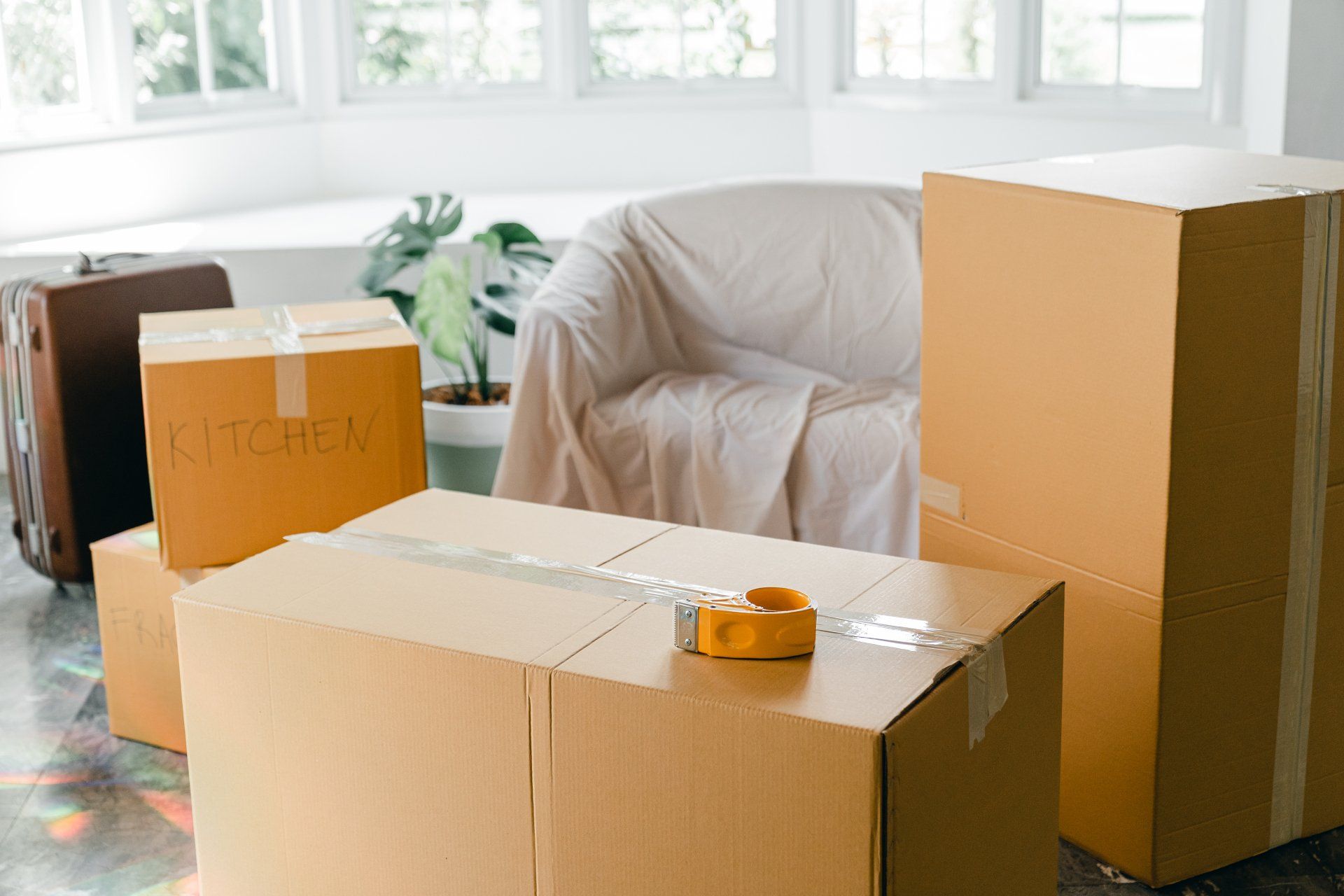Your Trusted Realtor – Licensed in North Carolina and Florida
⏳ "Should You Wait to Buy a Home with Your Partner? Here’s What You Need to Know!"
Couple Goals: Tips for Affording a First Home

By Taylor Getler
Couples often wait years after marriage to buy a home. To save time, opt for cash wedding gifts, avoid debt, explore first-time buyer programs and use tax benefits.
NEW YORK — Weddings and homeownership are two major goals for many couples but affording both takes years of careful saving and planning. In 2024, the median age at first marriage was 28 for women and 30 for men, according to U.S. Census data. Yet the National Association of Realtors® reports that the median age of first-time home buyers in 2024 was 38. Picture a typical American couple waiting nearly a decade after marriage to become homeowners.
If you're recently engaged, following these do's and don'ts could help you dramatically shorten the timeframe for reaching your homebuying dreams.
Do: Ask for donations to a house fund instead of gifts
Judy Buchman and David Shpitalnik of the Bronx, New York, chose this strategy and were able to fund almost half of their down payment with wedding gift money.
Using the wedding planning platform The Knot, the couple registered for a new home cash fund that allowed guests to give any amount. "We are so lucky to have a lot of our small kitchen appliances and other materialistic things already ... so we really just wanted to set up a nice foundation for our future home."
By accepting cash gifts, you can help replenish your savings after paying for a wedding and start preparing your new house budget.
Don't: Finance your wedding with credit cards or loans
When a lender evaluates your mortgage application, one of the biggest things they consider is your debt-to-income ratio (DTI). This represents the percentage of your income already allocated to existing debts.
The higher your DTI is, the less money you have to devote to your mortgage, which makes you a riskier borrower and can hurt your chances of approval. To maximize your chances of approval with the widest range of lenders, aim to keep your DTI under 36%.
Using credit cards or loans to pay wedding expenses will increase your DTI and make staying within that 36% target harder. Borrowing for your wedding also means paying interest — money that could go toward your down payment or other debts.
Instead, keep your wedding budget within what you can afford to pay out of pocket.
Do: Explore first-time home buyer grants and loan options
Many states offer assistance to first-time home buyers in the form of tax credits and grants for down payments and closing costs.
You should also explore your loan options and find the one that best matches your needs. For example, if you live in a suburban or rural area and earn less than 115% of the local median household income, you may qualify for a USDA loan with 0% down.
Alternatively, if homebuying has seemed like a far-off goal because of your credit score, you may be a fit for a FHA loan. These mortgages, backed by the Federal Housing Administration, have a minimum credit score of 500 with a 10% down payment, or 580 with a 3.5% down payment.
Don't: Wait until you've saved a 20% down payment
Any advice you may have heard that you need to save 20% of the cost of the home for a down payment is outdated. You may be much closer to affording a home than you think. Conventional loans — the most common mortgage — have a minimum down payment requirement of just 3% for first-time homebuyers.
For a home that costs $404,400 (the median price as of December 2024, according to the National Association of Realtors), that translates to $12,132. If you and your partner can put away $350 per month, you'll have saved enough for this down payment in just three years.
To put that into perspective, cutting costs by choosing a DJ over a live band for your wedding reception could help bring you closer to your homeownership goals by almost a year.
Do: Take advantage of tax savings
Talking with a tax professional about your wedding plans before the big day can help you find opportunities for deductions.
"You could earn a tax deduction for items like the flowers or gown if you donate them to charity after the wedding," says Abigail Wright, senior business advisor and tax specialist at ChamberofCommerce.org in Gainesville, Florida. Even if it's a small amount, these tax savings can go directly toward your homebuying fund.
A tax professional can also help you determine whether buying a home before you marry could provide any tax benefits. "Single" individuals may have an advantage over married couples when it comes to itemizing deductions, says Howard Hook, principal at EKS Associates in Princeton, New Jersey, because the standard deduction is higher for married couples than for those filing individually.
If you can maximize tax savings by buying a home before you plan your wedding, your return could supplement your big-day fund.
There's no inherently right decision when it comes to buying a home or getting married first — that's entirely up to you and your partner to decide. Either way, careful strategizing can help you afford to do both on a timeline that works for you.
© 2025 WCBD, Nexstar Broadcasting, Inc. All rights reserved.





